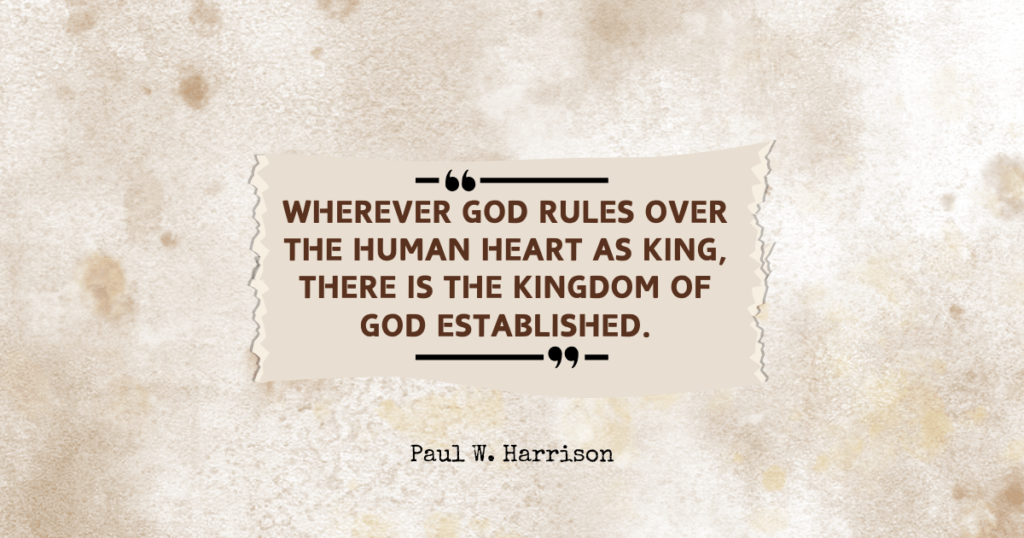Stepping off the plane for the first time in Burundi, I wondered what we had gotten ourselves into. After our plane landed, I stood on the airport tarmac with my husband and children. It was warm, the sun was fierce, and no one was waiting for us. The airport terminal had no air conditioning. I remember feeling grateful for the breeze that swept through the baggage claim area. With my left hand, I held tightly to my 5-year-old son’s hand while balancing my 1-1/2-year-old daughter on my right hip. We were all tired of living out of suitcases. We had spent nearly a year studying French in France before arriving in Burundi. From France, we flew to Nairobi, Kenya, and after a brief stopover, we made our way to Burundi. This is where the adventure of our lifetime was about to begin.
We had no idea what we had gotten ourselves into
I’ve relived that same scenario time and again: going to unfamiliar places to start a church from scratch. Where would we begin? We never knew until we arrived. Who would join us? We would find them. When would we leave? When the time was right. What had we gotten ourselves into? We had no idea.
It took us nine years of hard work to see our first church plant in Burundi grow to a place of maturity, allowing us to leave and plant a new church in another nation and start the whole process again. Many years and several churches later, I have learned a few things about stepping out in faith into the unknown. And I’m still learning! In our affirmation-driven society, where many in Christian circles have seldom witnessed the raw faith needed to confront the world head-on for the Kingdom’s cause, they discover they are ill-equipped for the reality that awaits them when they venture out. Often, they succumb to discouragement and even despair when the enemy confronts them directly. Believe me when I say that Satan will seek you out the moment you say “yes” to the Kingdom’s call.
Mixed messages at Lystra
In Acts 14, we find the story of Paul on a journey that took him through several cities. In one of these cities, Lystra, a man was healed (see Acts 14:10). The crowd nearly went wild over the incredible miracle they had witnessed. A man who was born crippled was healed and walked. It was astonishing! Paul and his companion, Barnabas, could hardly stop the people from trying to make sacrifices to them, calling them gods.
One might assume that such a great miracle would lead to significant opportunities in the city. However, that was not the case. Shortly after this miraculous event, the same people Paul had ministered to were “stirred up” (see Acts 14:19) to stone him. He was left for dead. But in yet another miracle, Paul got up after being stoned and traveled to a city called Derbe. In Derbe, many accepted the Gospel, and many disciples were made. Later, Paul returned to Lystra and the other cities where he had preached, encouraging believers along the way.
Mixed messages and extreme emotions
In reading this account, I was struck by the fact that, first, Paul was almost worshipped as a god. And then, he was stoned by the same people who wanted to worship him the day before. Talk about mixed messages! The emotions he experienced must have been extreme. I’ve also noticed that Paul didn’t require much maintenance. He supported himself by making tents and is never seen in the scriptures asking for lavish gifts. His main focus was advancing the Kingdom on Earth. Paul refused to let himself be sidetracked by the more trivial matters of this life.
Nevertheless, Paul was human. I am sure that during this time, along with many others, he must have felt conflicted, even tempted to be depressed over the rejection. Like me, when I landed in Burundi the first time, he must have wondered what he had gotten himself into. Yet, he doesn’t mention any anguish about this ordeal in the scriptures. Instead, he was focused on building the Kingdom, growing the churches he had planted, and being faithful to his calling. Affirmation would come later in abundance simply by hearing the words “well done.” However, until then, he fought the fight of faith and maintained his belief.
Not based on merits or appreciation
Our service to others isn’t based on their merits or their appreciation of our call to serve God. If I keep this front and center in my life, I’m not easily disappointed. However, when I let my focus on the Kingdom fade, I will quickly become discouraged. Whether there are people to meet me at the airport or not, I’m moving forward. If someone thanks me or not, my eyes are fixed on the prize. Also, whether what I do appears successful or not, I know I’m already a success in my Father’s eyes, for His approval rests on me.






Pingback: Me, warts and all, this is who God chose - A Cultural Shift